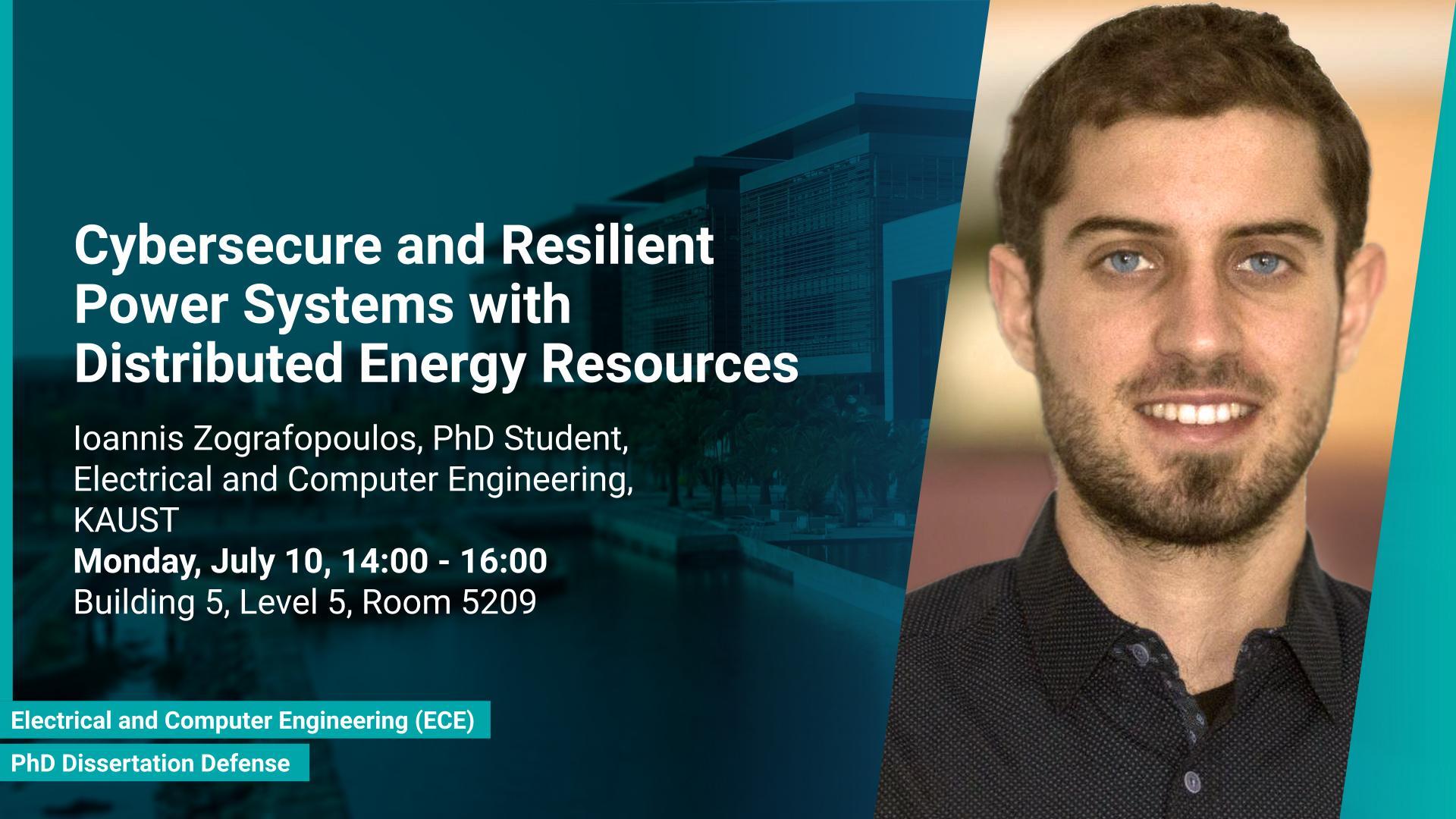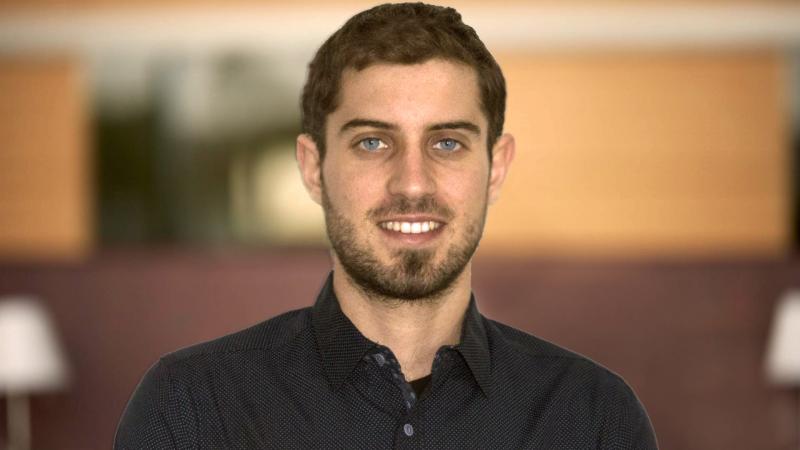Abstract
Power systems constitute a pillar of the critical infrastructure, and, as a result, their cybersecurity is paramount. Traditional power system architectures are moving from their original centralized nature to a distributed paradigm. This transition has been propelled by the rapid penetration of distributed energy resources (DERs) such as rooftop solar panels, battery storage, etc. However, with the introduction of new DER devices, the threat surface of power systems is inadvertently expanding.
We provide a comprehensive overview of the cybersecurity landscape of DER-enabled power systems outlining potential attack entry points, system vulnerabilities, and the corresponding cyberattack impacts. We also provide bottom-up security solutions to secure power systems from their lowest abstraction layer, i.e., hardware. Specifically, custom-built hardware performance counters (HPCs) are proposed for the detection of malicious firmware, e.g., malware, within DER inverter controllers. The experimental results prove that HPCs are an effective host-based defense and can accurately identify malicious firmware with minimum performance overheads. Also, methodologies to secure communication protocols and ensure the nominal operation of DER devices using physics-informed schemes are presented. First, DERauth, a battery-based secure authentication primitive that can be used to enhance the security of DER communication, is proposed and evaluated. Then, a physics-based attack detection scheme that leverages system measurements to construct models of autonomous DER agents is presented. These measurement-based models are then used to discern between nominal and malicious DER behavior. Our work aims to pave the way for cybersecure and resilient future power systems.
Brief Biography
Ioannis Zografopoulos is a Ph.D. candidate at the Computer, Electrical, and Mathematical Sciences and Engineering Division (CEMSE) of King Abdullah University of Science and Technology (KAUST). His research interests include cyber-physical systems security, with an emphasis on embedded systems for industrial, distributed energy, and power grid applications.
He received the B.Eng. and M.Eng. degrees in Computer, Communications, and Network Engineering, and the M.Sc. degree in Electrical and Computer Engineering from the University of Thessaly, Volos, Greece, in 2014 and 2015, respectively. He is a member of IET, an IEEE and IEEE PES graduate student member, and has served as a reviewer for the IEEE Transactions on Power Systems, Transactions on Industrial Electronics, Transactions on Transportation Electrification, Internet of Things (IoT) and other IEEE and ACM conferences and journals.


